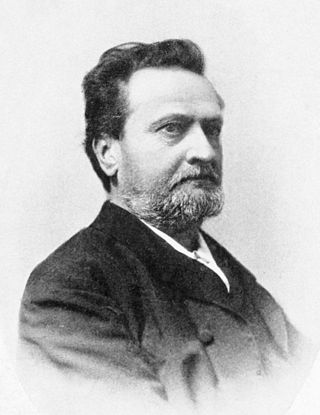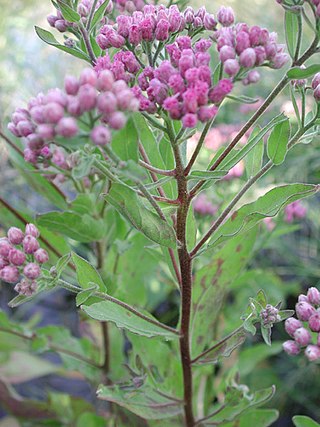
Julius von Sachs was a German botanist from Breslau, Prussian Silesia. He is considered the founder of experimental plant physiology and co-founder of modern water culture. Julius von Sachs and Wilhelm Knop are monumental figures in the history of botany by first demonstrating the importance of water culture for the study of plant nutrition and modern plant physiology in the 19th century.

Plucheeae, sometimes also spelt as Plucheae, is a tribe of flowering plants in the subfamily Asteroideae.
Sachsia is a genus of fungi in the Ascomycota phylum and Saccharomycetales order. The relationship of this taxon to other taxa within the phylum is unknown, and it has not yet been placed with certainty into any class, order, or family.
Sachsia is a genus of West Indian and Floridian plants in the elecampane tribe within the sunflower family.

Diplogastridae, formerly Diplogasteridae, are a family of nematodes (roundworms) known from a wide range of habitats, often in commensal or parasitic associations with insects.
Sachsia zurstrasseni is a species of nematode in the Diplogastridae.


